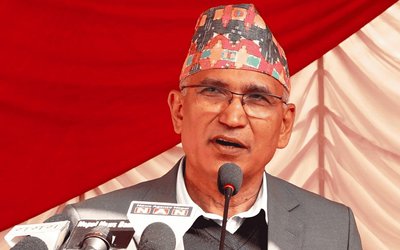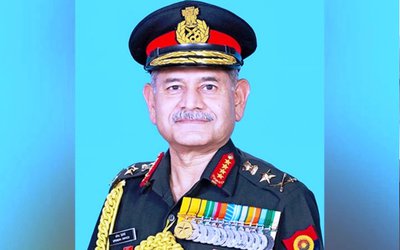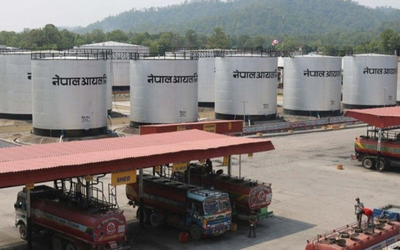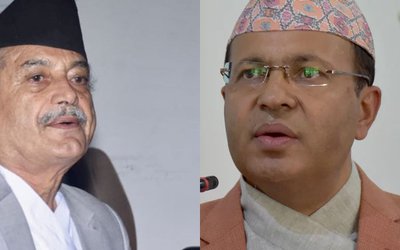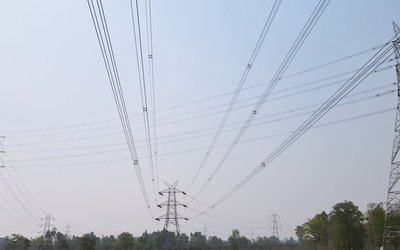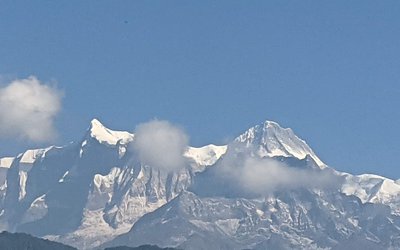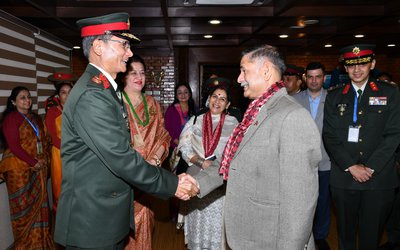The four major political parties of Nepal agreed in principle to having a federal structure with eight provinces under a new constitution .However, 28 political parties which have alliance with UCPN-Maoist opposed the 16 point agreement saying that it is not acceptable to them.
“The agreement is flaw against the spirit of federalism. It is unacceptable to us. We can even submit mass resignation in case major parties tries to bullying us,”said Rajendra Mahato, chairman of Sadbhvana Party.
However, Nepali Congress and CPN-UML say the decision historic. “ This agreement end eight years long dispute on constitution,” said NC leader Ananda Prasad Dhungana.
After reaching a decision in this regard, the four major political parties -- the Nepali Congress, Communist Party of Nepal (Unified Marxist-Leninist), United Communist Party of Nepal (Maoist) and the Terai-based Madhesi Front -- formalised the understanding at the Prime Minister's Office.
The names of the proposed provinces/states and demarcation of inter-state border were yet to be finalized. A commission of experts was likely to be set up to finalize the names and boundaries of the proposed provinces, a leader present in the meeting said.
Major political forces have signed a 16-point deal on settling key disputes that delayed the task of constitution making for years.
Chiefs of Nepali Congress (NC), CPN-UML, UCPN (Maoist) and Madhesi People's Rights Forum-Democratic (MPRF-D) have agreed to adopt an eight-province federal model, parliamentary system, mixed electoral model and include a constitutional court for 10 years in the new statute as a compromise deal for producing new constitution within the next few months.
"The government of Nepal shall constitute a federal commission and entrust it with the task of delineating the provinces," stated the 16-point agreement. "After receiving the report of the commission, the two-thirds majority of the legislature-parliament shall take final decision on delineation." The commission will be given six-month tenure.
There shall be a bicameral parliament at the central level with 275-member Lower House and a 45-member Upper House. Of the total 275 members of the Lower House, 165 will be elected under the first-past-the-post (FPTP) seats and other 110 members will be elected under the proportional representation (PR) system.
In the National Assembly, 40 will be elected from all the provinces while five will be nominated by the federal cabinet.
On the system of governance, they have adopted parliamentary system with a ceremonial president as the head of state and an executive prime minister as the head of government. A leader securing majority in the Lower House shall be elected as executive prime minister while a leader shall be elected as president from an electoral college comprising federal parliament and provincial assemblies.
They have agreed to include a constitutional court for 10 years starting the commencement of the new constitution with a mandate to settle the disputes between federation and provinces, one province and another province and between a province and local bodies. "The verdict of the constitutional court shall be the final on such issues," read the agreement.
The parties have also agreed to hold elections to local bodies as soon as possible.
- PM Oli's Visit To China: Geopolitical Implications
- Nov 19, 2024
- NEA: Kul Man Ghising, A Cool Man
- Oct 28, 2024
- DASHAIN FESTIVAL : Festival of Unity
- Oct 04, 2024
- NEPAL-CANADA Bilateral Meeting
- Oct 04, 2024
- MIDDLE BHOTEKOSHI: Final Stage
- Sep 23, 2024


